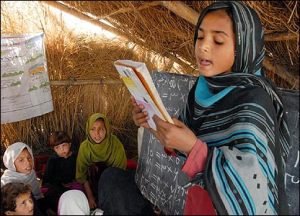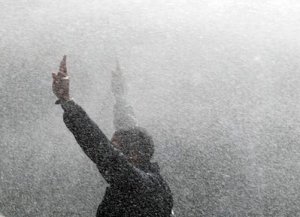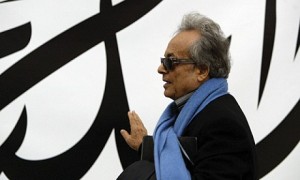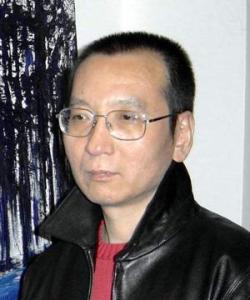
CNN presented this image where Egyptian popular poet Ahmad Fu'ad Nigm rallies attendants during a public meeting organized by the opposition movement 'Writers and Artists for Change' in a main plaza in Cairo, August 2005.
According to CNN, poetry is an important part for the revolution from Egypt too. A venerable contemporary poet being in the cener of public protests.
Monday night at the 92nd Street Y in New York City, writers Reza Aslan, Azar Nafisi and Nathan Englander will take part in a panel, “Literature and Revolution in the Middle East” – on how poetry and novels have been used to fight for revolution throughout the Middle East—from Israel to Iran to Egypt.ONLY ON THE BLOG: Answering today’s five OFF-SET questions is one of those panelists, Dr. Aslan, a contributing editor at the Daily Beast, a member of the Council on Foreign Relations and the author of “No God but God: The Origins, Evolution, and Future of Islam and How to Win a Cosmic War” and editor of Tablet & Pen: Literary Landscapes from the Modern Middle East.”
By now we’ve heard that protesters in various Middle East countries are using Twitter and Facebook to coordinate anti-regime activities. But are you saying that demonstrators, including the many young people who have been protesting, are being informed by literature—by poems and novels?
What I am saying is that their very identity is being formed by the literature that is so much a part of the cultural awareness of the peoples of the Middle East. They are using social media to communicate and organize, but using poetry to define who they are. (more…)








